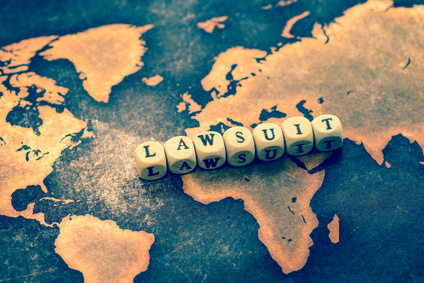
You can serve an individual or a company in a country that is a signatory to the Hague Service Convention, like France, in one of three ways.
1. The first way to send service of process under the Hague Convention
Under this option, you send the service from the U.S. to the Convention to France for service on a party in France. Under the law of France, the document must be sent to the French Central Authority, preferably in English with a translated copy in French. The Convention also requires an identifiable address of the person to be served, that the document is either a judicial or extrajudicial document, and that the document being served related to a civil or commercial matter (not a criminal matter in other words).
2. The second way to send process under the Hague Convention
The second way to send process under the Hague Convention is to send the document from the U.S. via a consular or diplomatic channel or to a “judicial officer, official or other competent person in the State of destination.” In France, for example, this would mean sending the document to a “hussier” (an official process server licensed by the French government. The Hussier must have his signature notarized by a U.S. consular officer, and there are fees set by the French government for both using the hussier and for the cost of having his signature notarized.
3. The third way to send process under the Hague Convention
The third and last alternative to serving process under the Hague Convention is to do a document directly to “an interested party and judicial officers, officials or other competent persons of the State of destination.”
If you would like to serve a party overseas or if you have any questions about an international legal disputes, contact our civil litigation attorneys today!





